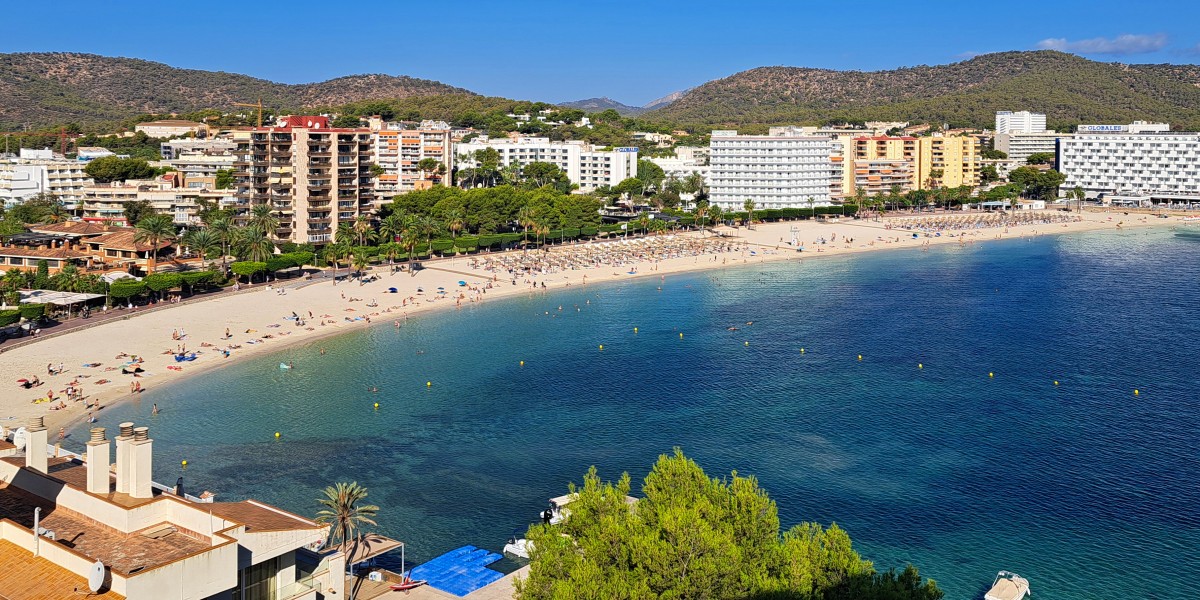
According to a new report by Spain’s National Statistics Institute, quality of life nudged higher in 2024, driven by gains in health, education and work. Northern regions lead the table, while the Balearic and Canary Islands show the biggest improvements amid a national dip in leisure and social relations.
The INE index and how to read the scores
Spain’s national statistics office (INE) publishes a single quality-of-life score that brings together 55 measures across nine areas. These include health, education, work, the environment and personal safety. The result is a clear snapshot that can be compared across regions, useful for anyone weighing up where to live or how places are changing over time.
The index is updated every year at both the national and regional level. Scores are shown on a common scale with 2008 set as 100, which helps show movement over time as well as differences between regions. As fresh information is added, earlier figures can shift slightly, so it is best to use the latest release for comparisons.

Spain’s quality-of-life ranking
Spain’s overall score for the INE Multidimensional Quality of Life Index (IMCV) moved up gently in 2024 to 101.47, from 101.20 a year earlier. At the top of the table sit Navarra with 105.19, followed by La Rioja on 103.91 and the Basque Country on 103.74.
The fastest climbers compared with 2023 were the Balearic Islands, which added 0.77 points, and the Canary Islands, up 0.65. Both are heavily service-led economies, so shifts in employment and incomes tend to feed through clearly.
A broad group finished above the national average, including Cantabria, Aragón, the Balearic Islands, Asturias, the Community of Madrid, the Valencia region and Castilla y León. Below the national benchmark were Extremadura, Catalonia, Castilla-La Mancha, the Region of Murcia and Galicia. The autonomous cities of Ceuta and Melilla appeared at the bottom of this edition’s ranking.

What matters for foreign residents by region
For international residents and those considering a move, the index highlights where healthcare systems perform well, where schools and salaries align, and where safety and services stand out.
Healthcare and environment in Navarra
Navarra combines the highest overall score with standout results in health, environment and overall life evaluation, alongside strong leisure and social relations. For foreign residents, that points to dependable healthcare access, clean surroundings and a generally high satisfaction baseline.
Housing markets in Pamplona and its suburbs can be competitive relative to regional incomes, so neighbourhood and commute trade-offs may matter more than in lower-scoring regions.
Schools and salaries in the Basque Country
The Basque Country leads in material living conditions and education. For households weighing school outcomes and earning potential, this is a compelling combination, particularly in metro areas such as Bilbao, San Sebastián and Vitoria-Gasteiz.
Demand pressure and limited supply can push up rents and purchase prices in prime districts. Plus, local labour markets often reward specialised skills, especially in industry and technology.

Safety in Asturias
Asturias posts the strongest score for personal security. For families and retirees, lower crime and steady community life are practical advantages.
City-level realities differ across Oviedo, Gijón and Avilés, but the regional signal is consistent. Public services are broad-based, and access to green space is a daily positive for many residents.
Work opportunities in the Balearics and Canaries
The Balearic and Canary Islands show the biggest improvements year on year, with the Balearics leading on work-related indicators. The upswing aligns with strong tourism seasons and service-sector hiring.
For expats, opportunities can be balanced by seasonality, shorter contract types and high competition for rentals in peak months. Long-term planning benefits from checking local job stability and off-season income patterns.
Governance and services in the Valencia region
The Valencia region heads the governance and basic rights dimension in this edition. For foreign residents, the region’s strong results in governance and basic rights provide a supportive backdrop when navigating paperwork, taking part in civic life and using public services.
Valencia city and surrounding coastal municipalities offer a wide choice of neighbourhoods, with varied price points and established international communities.

National trends: what improved and what slipped in 2024
Most core aspects improved in 2024. Material living conditions, work, health, education, personal safety and the environment all moved in the right direction, and together they nudged the national score higher. These are the pillars that shape day-to-day experience, from income and job quality to hospitals, schools and clean air.
Two areas edged lower: leisure and social relations, and overall life evaluation. That combination suggests people felt a little less connected or satisfied, even as services and employment strengthened. Governance and basic rights were unchanged this year because that strand follows a different update cycle.

Stay in the know about living in Spain as a foreigner—get our weekly newsletter for the latest travel, legal, and lifestyle news.
